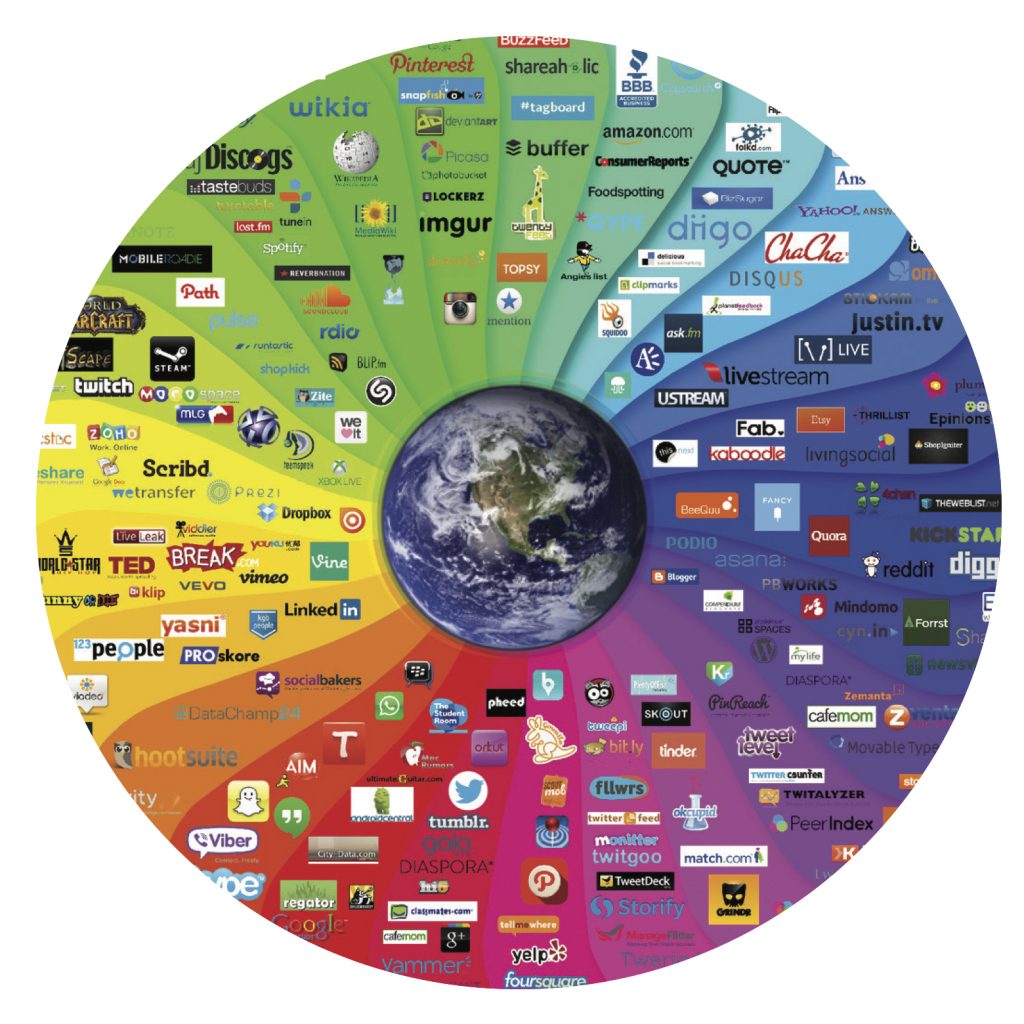Brief
Informal Science Learning in Online Affinity Spaces
Connected Science Learning May-July 2017 (Volume 1, Issue 3)
By Richard Hudson

Affinity spaces are online forums in which participants, including informal science education professionals, share with one another teaching and learning resources on a given topic.
Affinity spaces are online forums in which participants share with one another teaching and learning resources on a given topic. The ASTC Community forum and the NSTA Learning Center forum are two spaces where professionals in science, technology, engineering, and math (STEM) learning can gather to share information. For those generally interested in science, many other online spaces also exist, such as Reddit’s science subreddit, www.birdforum.org (for birdwatchers), the forums associated with citizen science on http://zooniverse.org, and multiple sites devoted to makers and making.

Credit: Image courtesy of Ethority, http://ethority.net
Although a considerable body of research has explored the learning that takes place in online affinity spaces devoted to topics such as computer games and health, there is virtually no research about how affinity spaces contribute to informal science education (ISE). This is a surprising void, particularly considering ISE professionals’ increasing interest in “STEM learning ecosystems.” (This approach, described by John Falk (2015) and others, considers the complex and dynamic interactions between individuals and providers of science learning as analogous to a biological ecosystem.)
To better understand the potential for affinity spaces to support ISE, my colleagues and I at Twin Cities Public Television in St. Paul, Minnesota, in collaboration with Sean Duncan at Indiana University, Carlton Reeve at the University of Bradford, and other partners, organized a workshop in mid-2015. With support from the National Science Foundation’s Science Learning+ initiative (NSF 1451321), we brought together leaders in the affinity-space research community and their counterparts in ISE to develop a research agenda, aimed at better understanding the enormous and largely unrecognized potential of affinity spaces for informal science learning.
Five major research questions emerged from the two-day workshop, all of which resonate with current research in traditional ISE settings:
- What role can online affinity spaces play in engaging underrepresented groups?
- What draws people to participate in science-themed affinity spaces and what sustains their involvement over time?
- What contributions can science affinity spaces make to the science identity of users, specifically youth? How would such findings impact the design of new affinity spaces?
- Which literacies enable individuals to participate in informal science learning in online spaces, and how can offline and online informal science affinity spaces be connected to each other and to real-world science learning environments?
- Which methodological approaches are appropriate for studying and understanding different types of participation and learning in online affinity spaces?
The full report on the workshop discussions, including a brief literature survey and extensive bibliography, are now available to download.
Affinity spaces already engage millions of learners in science outside of school. These spaces have untapped potential to reach underserved populations, who may have limited access to conventional places of informal science learning but are active users of the internet. Developing a research agenda to learn how these spaces can involve both adults and youth in experiences across the entire spectrum of STEM promises to reveal ways to reach new audiences and enrich the entire ecosystem of informal science learning.
Richard Hudson (rhudson@tpt.org) was director of science production at Twin Cities Public Television in St. Paul, Minnesota.


